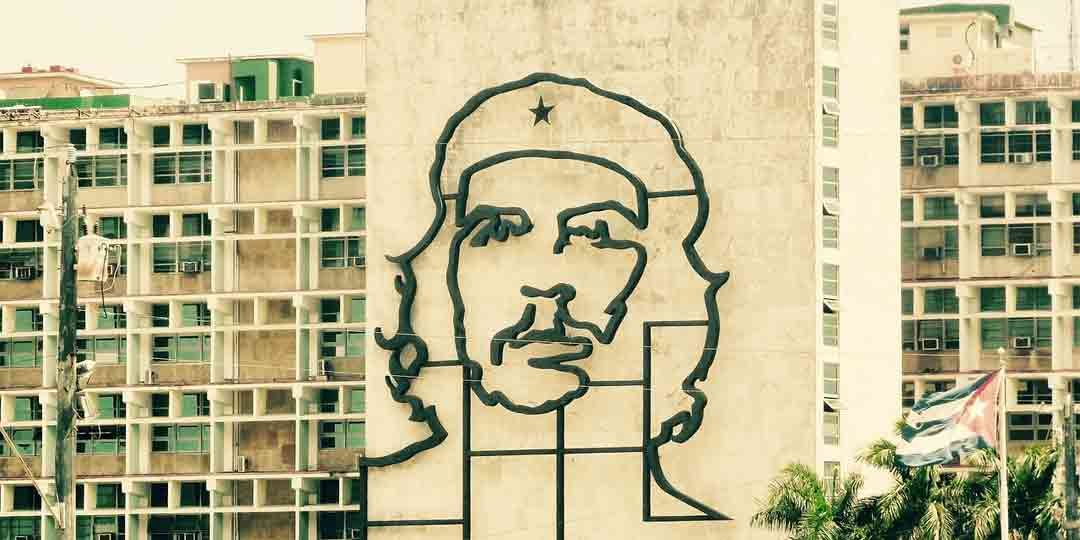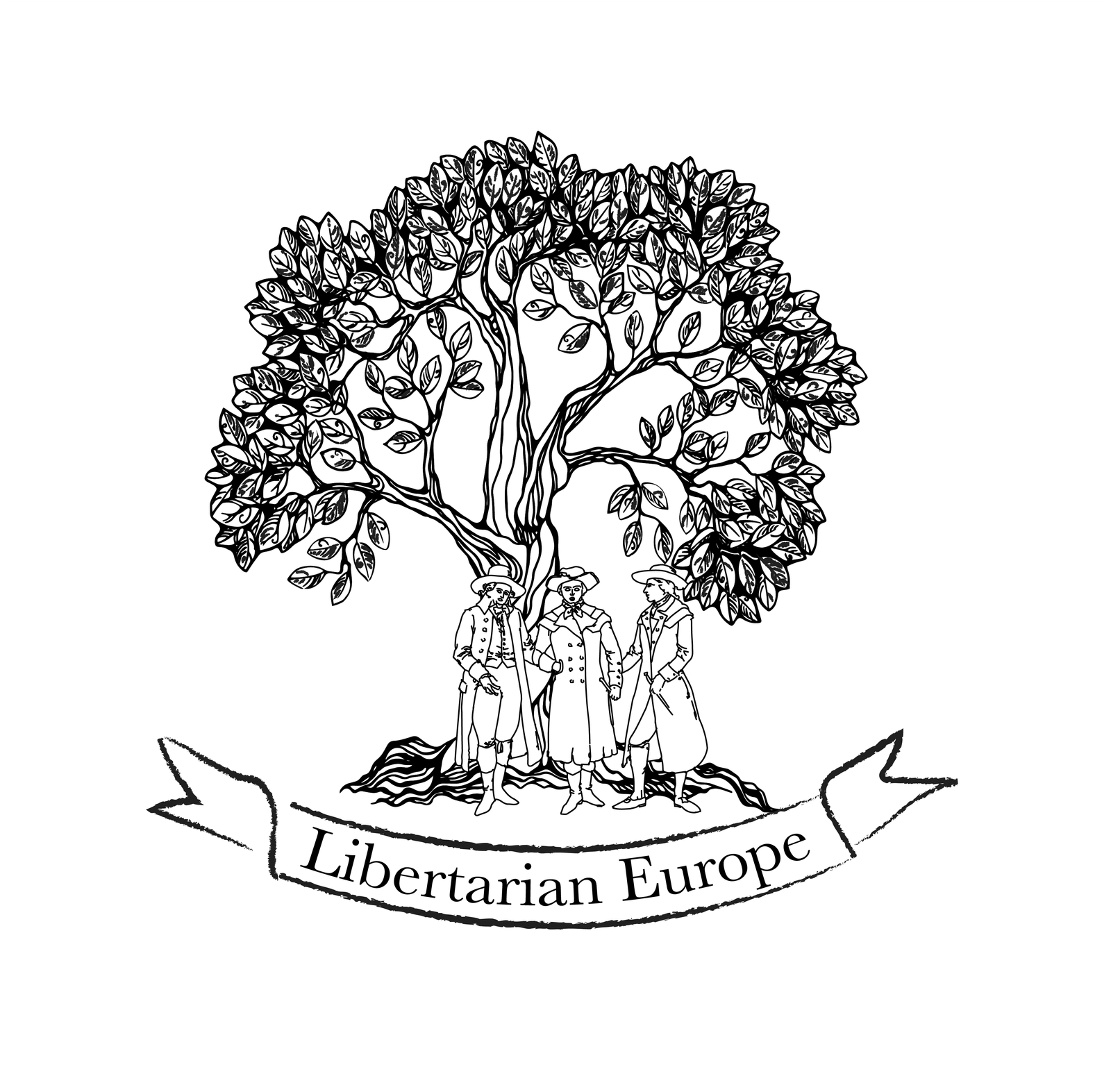
by Ovidiu Tanjala | May 16, 2025 | Economics
Counter-revolution postponed. Libertarians and their tariff follies The Trump administration has just announced the withdrawal of the tariffs adopted a little over a week ago, keeping only the tariffs imposed on China. Of course, Chinese goods will not be affected by...

by Lucas Nunes | Nov 8, 2024 | Economics
The Government’s Compulsive Buying Disorder Would you hand over your debit or credit card to random teenagers, letting them spend freely and without limits, even if it means going into debt? Français Most people would likely say no to this. Yet, we allow our elected...

by Ovidiu Tanjala | Jul 27, 2024 | Economics
Monopoly: Computational Chaos and Economic Misery As my laptop/typewriter broke I decided to buy another one. Should I buy a Dell? Maybe an HP or a Lenovo? But why not an Apple or Microsoft machine just for the pleasure of running Linux on such a thing? ...

by Lucas Nunes | Jul 24, 2024 | Economics
Cuba’s Economic Failures: The Embargo Demystified Leftists love to use the United States embargo to justify Cuba’s misery instead of acknowledging that socialism is an inherently flawed economic system that is doomed to fail. Français To find excuses for the inherent...

by Gabriel Braga | May 1, 2023 | Economics
What is the market? The market is a fundamental piece for the functioning of the economy, playing an important role in the allocation of scarce resources in society. We often see the term ‘market’ being used by economists, journalists, politicians, and various other...

by Gabriel Braga | Apr 13, 2023 | Economics
The Marginal Revolution and the Paradox of Value The Marginal Utility refers to how much satisfaction we get from consuming an additional unit. Do not confuse this with total utility. An example: if we are thirsty and drink 3 glasses of water, the total utility is the...








